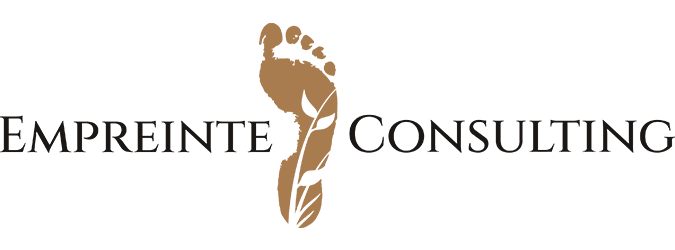
Best Practice Grants Management
Hear from experts within the Golisano Foundation, Lollypop Farm and Empreinte Consulting on best practice approaches to researching, applying for and managing…

Unlocking the Power of Outsourced Grant Work
Unlocking the Power of Outsourced Grant Work: Enabling Small Community-Based Organizations
Pamela L. Ayers, MSW | Sr. Director, Grants Management, Empreinte…

Managing Your Data
Managing your data is a full-time job. Frankly, it’s probably several full-time jobs. No matter which database you have chosen, it is only as good as…

Prospect Management
During my decade-long tenure in Prospect Management perhaps one of the most frequent requests that I hear from Development staff is the cry for “more…

The Call to Transformational Philanthropy
On December 24, 2010 Haiti suffered from a massively destructive earthquake. In the days that followed, newsfeeds across the globe shared heart-wrenching…
 Background photo created by katemangostar - www.freepik.com
Background photo created by katemangostar - www.freepik.comWhat Are The Top 5 Things You Should Be Thinking About When It Comes To Fundraising Activities?
This article was written and produced by Nancy Synder, Partner at The Bonadio Group, and Marc Misiurewicz, President and Founder, Empreinte Consulting,…

Corporate and Foundation Philanthropy Programs – Giving with Impact
Corporations and Foundations can have a profound impact on nonprofits through philanthropy. With all that is happening in the world today, this is a perfect…

CARES ACT: What’s in the Law for Nonprofits
Coronavirus Aid, Relief, and Economic Security Act
Empreinte Consulting provides strategic guidance and support on fundraising, charitable giving, and…

How Nonprofits & Philanthropists Can Adapt During COVID-19
This is a unique time in our history as we are all adapting to a new way of living with COVID-19 in our communities. Nonprofit organizations are living…

The Value of a Philanthropic Advisor
As an altruistic philanthropist, you look to have the greatest impact possible on the missions you care about most. Giving of yourself is one of the most…

How to Fundraise Effectively
How Can I Fundraise Effectively?
Fundraising is often the foundation for many low- and non-profit organizations. It can be the difference between an entity…


